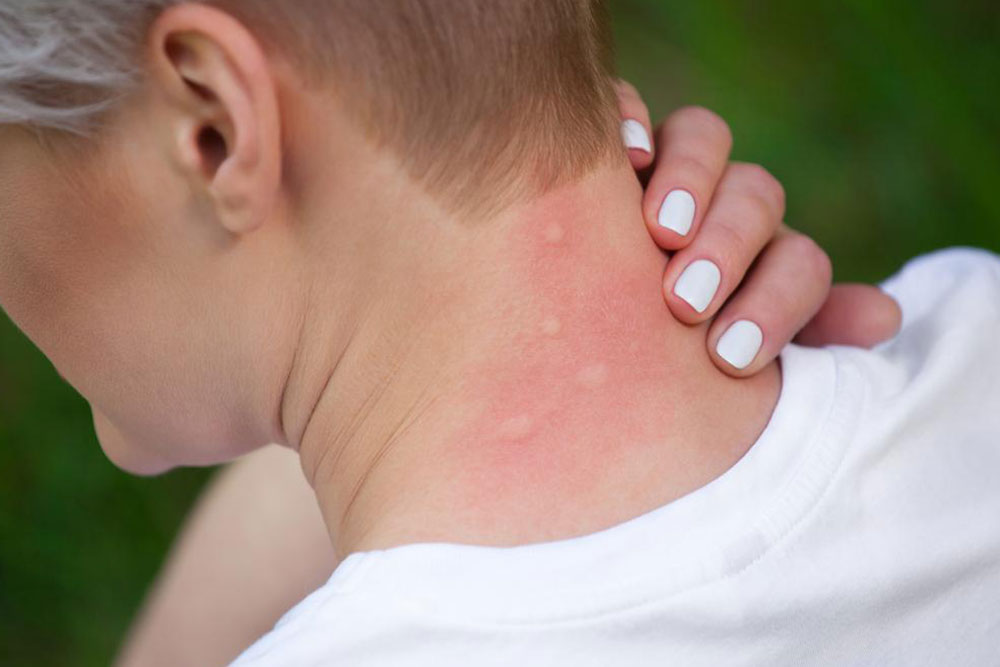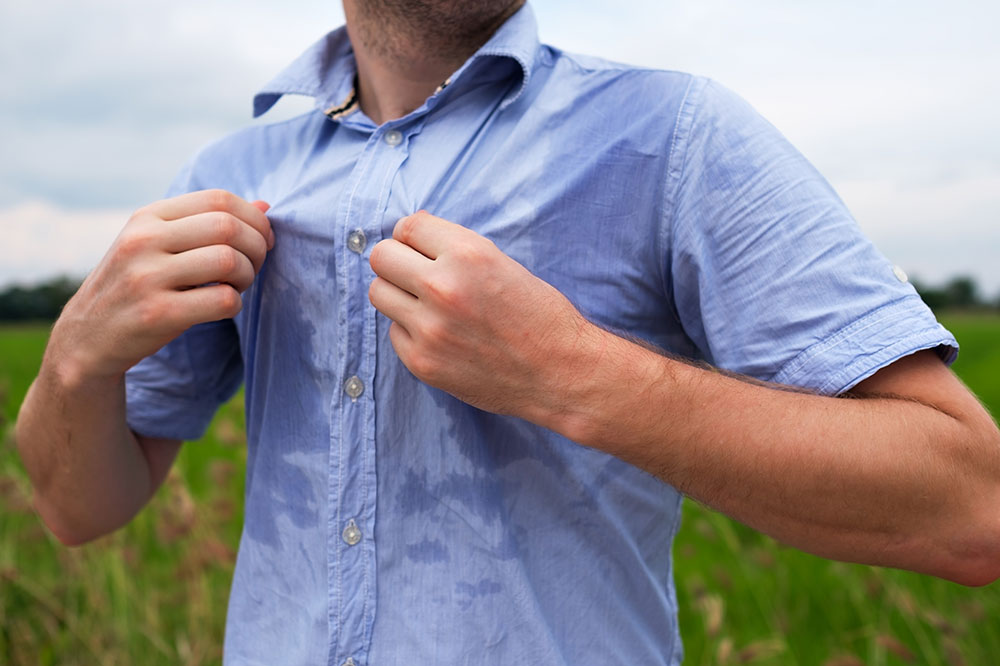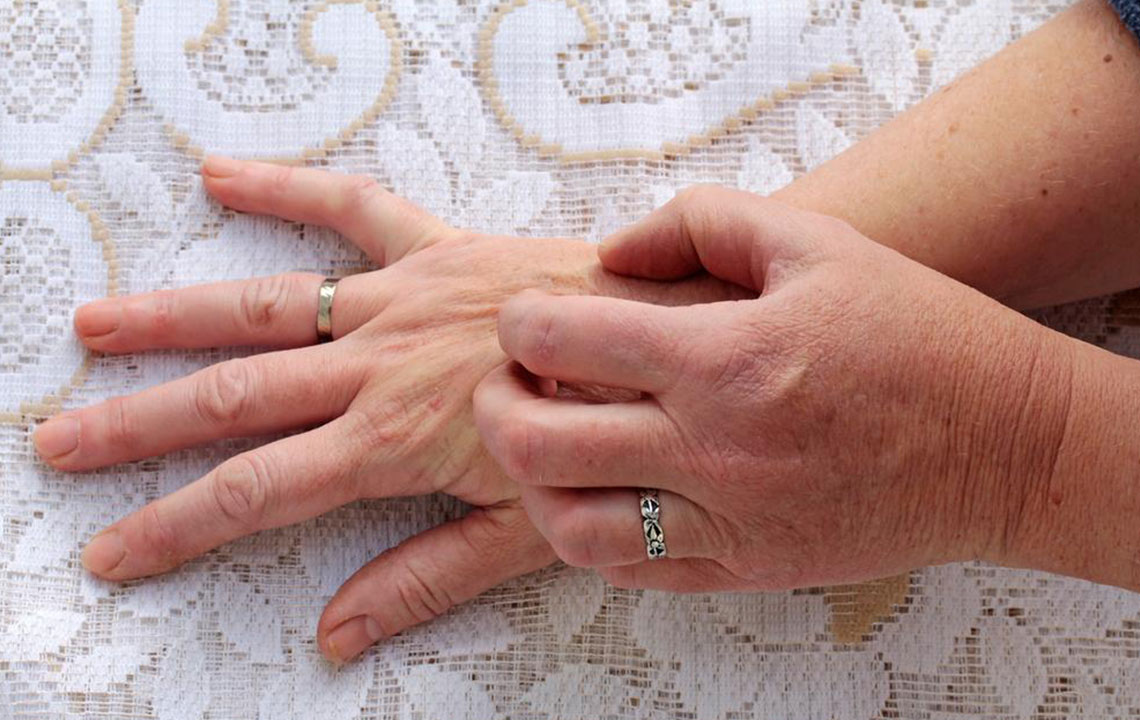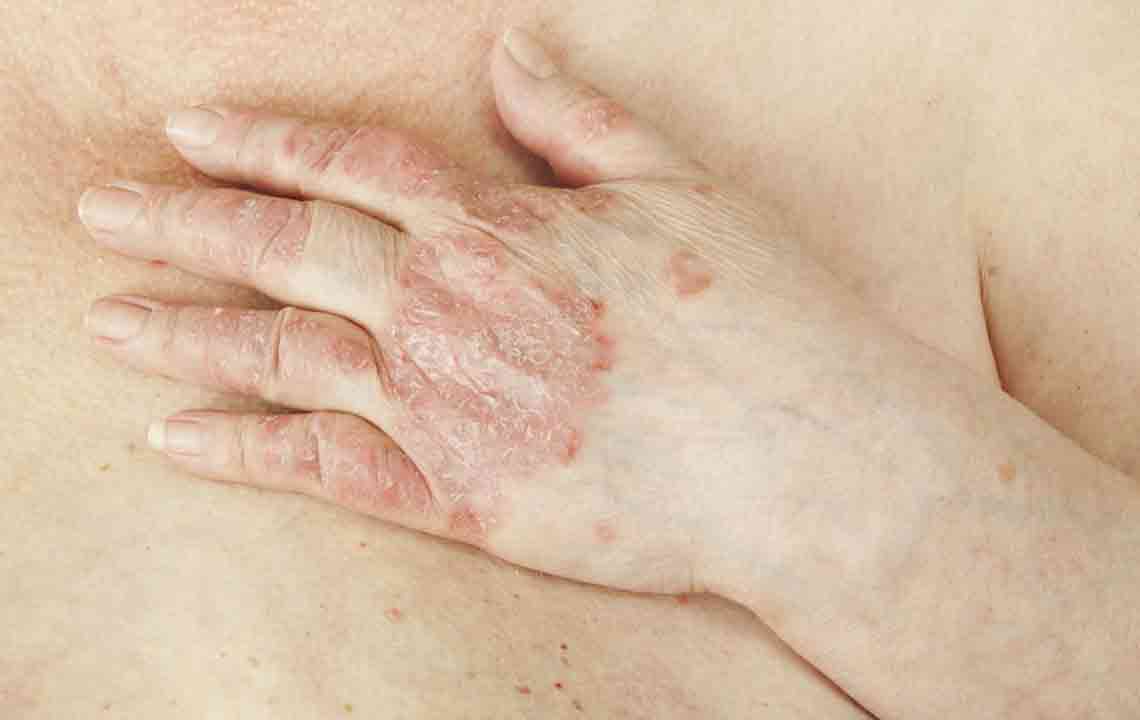Jock Itch Disease – Its Symptoms, Causes, and Diagnoses
Jock itch, or ringworm infection, is caused by a fungus or mold. It causes a circular rash to develop in areas of the body that are warm and moist, like the groin. Tinea cruris, known as athlete’s foot, is also caused by this fungus. The fungus is exceedingly itchy and has the potential to increase rapidly. Let’s take a closer look at this condition to understand its signs, causes, and prevention.
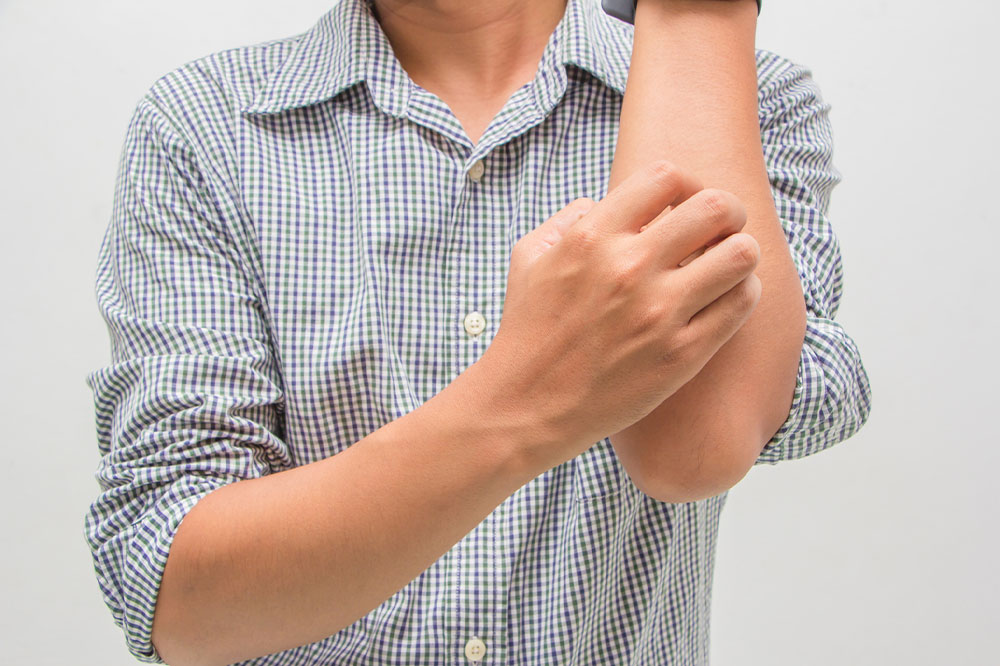
Symptoms
Ringworm symptoms typically appear four to fourteen days following skin contact with the fungus responsible for the disorder (CDC). However, the scrotum or pelvis areas are often not affected by jock itch. It frequently takes the form of a half-moon and extends to the upper thigh. The rash may take the shape of a ring and be encircled by a line of tiny blisters. It may cause the skin to feel irritated and become flaky or scaly.
Some may notice red, bumpy, and scaly patches of skin that have the propensity to blister and discharge. Frequently, the borders of the patches are well-defined, and the scale may be seen around the edges. Moreover, the skin around that areas may be abnormally dark or light. Sometimes, these alterations are irrevocable.
Causes
Humid and cramped environments promote the growth of the organisms that cause jock itch. The jock itch fungus is contagious and can be transmitted from person to person through the exchange of contaminated clothing or towels. As mentioned, it is caused by the same fungus as the athlete’s foot. Because the fungus can spread from one person to another via their hands or towels, the disease commonly spreads from the foot to the groin.
Transmission of jock itch
Normal transmission routes for jock itch include skin-to-skin contact or contact with an infected surface. One can also contract jock itch through sexual contact with a person who has the disorder. It is also possible to develop a jock itch via exchanging clothing with an infected individual.
The fungus usually spreads from the feet to the groin if one is wearing tight clothing. To avoid spreading the fungus from the feet to the groin, putting on socks before wearing undergarments when getting dressed is recommended. This practice can curb the spread and hinder transmission. Some of the best antifungal creams for jock itch can help prevent the growth and transmission of this fungal disease.
Risk factors
The factors that enhance the likelihood of developing jock itch are:
Men are more likely to develop jock itch than women.
People who are overweight tend to have more skin folds, which fosters the growth of fungal infections such as jock itch.
The conditions on a person’s skin who perspires excessively are more conducive to fungus growth.
Teenagers are more susceptible to developing jock itch than younger individuals.
Wearing clothing and undergarments that are too constrictive can cause the moisture to get trapped against the skin, creating an environment conducive to fungal growth.
Those with weakened immune systems are at a greater risk of getting fungal infections such as jock itch than others.
Patients with diabetes are more likely to acquire skin infections.
Diagnoses
A doctor will likely be able to diagnose jock itch after completing a physical examination and evaluating the affected area of the skin. In rare situations, the doctor may obtain skin cell scrapings from the affected area to aid in the identification of the condition. Due to this discovery, psoriasis and other skin disorders may be excluded from the diagnostic process.
If examinations are required, the following choices are available:
The KOH examination is a simple office test for fungal contamination
Skin culture
A unique stain, known as periodic acid–Schiff (PAS), is used to do a skin biopsy to identify fungal and yeast infections
Prevention
Take the following measures to reduce the likelihood of experiencing jock itch:
Keep oneself dry
Keep the skin around the groin dry. After exiting the shower or completing a workout, use a clean towel to thoroughly dry the genital area and inner thighs.
Wear clean garments
Make sure to change undergarments daily or more frequently if one tends to sweat heavily.
Don’t wear tight clothes
Ensure that one’s clothes fit properly, especially the undergarments, athletic supports, and sports outfits.
Don’t lend items
Never allow another person to use clothing, towels, or other personal items. Borrowing such items from others can lead to a number of infections.
Treat athlete’s foot
Treating an athlete’s foot infection is vital to prevent the disease from spreading to the groin. Sandals are excellent, as they keep the feet open which helps prevent athlete’s foot.
Jock itch treatment
The best medicine for jock itch includes some antifungal creams that can be applied directly to the rash in the groin area. Some of the best antifungals for jock itch are available in numerous formulations, including creams, gels, powders, and sprays.
Side effects
Some people may experience side effects with oral antifungal treatments, including nausea, diarrhea, headache, and indigestion. People should avoid oral antifungal medicines because they might have severe side effects. The primary care physician will be able to advise on the treatment plan that is most appropriate for one’s needs.
